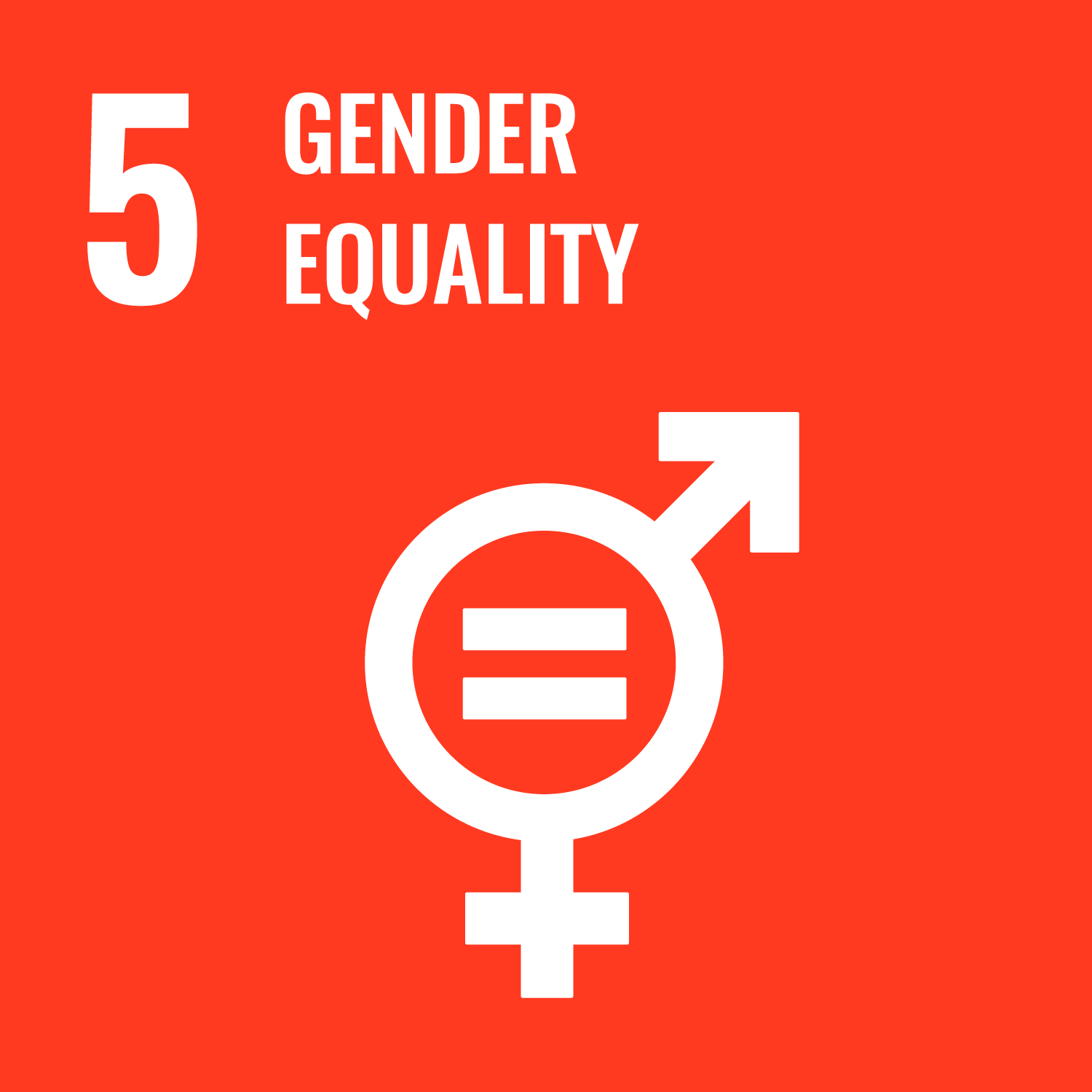We approach design through field research with the keyword "how people relate to architecture". Students will conduct surveys
and research for the design and planning of public facilities, which are mainly used by an unspecified number of people. Students
will understand social architectural needs, and discover issues practically through diverse case studies. Students master
methods for objectively evaluating spatial configurations from the perspective of user characteristics, and acquire the ability
to make evidence-based proposals for better architecture.
- Acquire the ability to think practically about the relationship between architecture and society.
- Acquire methods to objectively evaluate spatial configurations from the perspective of user characteristics.
- Understand the various viewpoints and design points of each architecture, and be able to propose your own ideas.
Classes are basically conducted in a face-to-face seminar format. Each student is expected to conduct research independently
and systematically. In each seminar, students present their ongoing research and receive advice. Students also actively exchange
opinions and information with each other, and develop the habit of expressing their own opinions on issues. In addition, case
study tours and special lectures on architecture are held from time to time.
The overall evaluation will be made in conjunction with the student's positive attitude toward research activities, progress
reports and active discussions in seminars, and the degree of achievement.
| ways of feedback | specific contents about "Other" |
|---|---|
| 授業内と授業外でフィードバックを行います。 |
Regionally-oriented graduation thesis, master's thesis and doctoral dissertation
- Course that cultivates a basic problem-solving skills
- Course that cultivates an ability for utilizing knowledge
- Course that cultivates a basic self-management skills
| Work experience | Work experience and relevance to the course content if applicable |
|---|---|
| Applicable | Professors who have long working practice in architecture will instruct this course. |







- 3.GOOD HEALTH AND WELL-BEING
- 4.QUALITY EDUCATION
- 5.GENDER EQUALITY
- 10.REDUCED INEQUALITIES
- 11.SUSTAINABLE CITIES AND COMMUNITIES
- 12.RESPONSIBLE CONSUMPTION & PRODUCTION
- 16.PEACE, JUSTICE AND STRONG INSTITUTIONS
Last modified : Fri Jun 28 17:52:04 JST 2024
